Is Diverticulitis A Genetic Disease
Is diverticulitis a genetic disease. This inflammation often includes surrounding tissues. There may also be nausea. The majority of professionals feel that it is not necessarily hereditary but that diverticula are acquired from lifestyle factors such as consuming a diet high in fat and low in fiber diet and constipation.
Fever or blood in the stool suggests a. By signing up youll get thousands of step-by-step solutions to your homework questions. How is diverticulosis treated.
Ultimately while diverticular disease and in particular diverticulosis can be hereditary this does not mean that patients should take it as a given. Symptoms typically include lower abdominal pain of sudden onset but the onset may also occur over a few days. What pathogens are responsible for this disease.
The jury stills seems to be out on the inheritedness of diverticulitis. Diverticulitis is a heterogeneous disease in both presentation and prognosis box 1. If one of your parents had a diverticular disease and you get one too it has nothing to do with your genes but with sharing the same table with them for a good third of your life and after that bringing up the same eating habits into your adulthood.
A Swedish study found that if an individual has a fraternal twin who has diverticulitis their chances of developing the disease increases three-fold. Conditions that alter colonic wall integrity conditions that cause visceral neurological dysfunction and those that result in change of stool consistency. About 40 of cases are hereditary.
Twin studies estimate 4053 of individual disease susceptibility stems from genetic factors suggesting that diverticulitis like most common diseases is a complex trait with both environmental and genetic. Diverticulitis specifically colonic diverticulitis is a gastrointestinal disease characterized by inflammation of abnormal pouchesdiverticulawhich can develop in the wall of the large intestine. Because diverticular disease is a heterogeneous grouping the relative genetic effect of 27 replicating loci on diverticulitis vs diverticulosis risk was assessed in the European cohort of the Schafmayer et al study.
The biology behind a genetic susceptibility to develop diverticular disease is unknown. We identified genes for connective tissue cells.
These pouches most commonly develop in the sigmoid colon and can cause acute or chronic signs and symptoms including severe abdominal pain and fever.
If one of your parents had a diverticular disease and you get one too it has nothing to do with your genes but with sharing the same table with them for a good third of your life and after that bringing up the same eating habits into your adulthood. Diverticulitis specifically colonic diverticulitis is a gastrointestinal disease characterized by inflammation of abnormal pouchesdiverticulawhich can develop in the wall of the large intestine. Diverticulitis is an inflammation or infection of small pouches that form along the intestinal wall. Fever or blood in the stool suggests a. These pouches most commonly develop in the sigmoid colon and can cause acute or chronic signs and symptoms including severe abdominal pain and fever. The jury stills seems to be out on the inheritedness of diverticulitis. Is diverticulosis hereditary. Previous reports implicated genetic predisposition environmental factors and colonic dysmotility in diverticular disease. Genetic susceptibility is an important component along with individual specific environmental factors for the development of diverticular disease of the colon.
How is diverticulosis treated. The development of diverticular disease encompassing both diverticulosis and diverticulitis is a result of genetic predisposition lifestyle and environmental factors including the microbiome. Doctors now know that diverticulitis is likely an inherited disease. By signing up youll get thousands of step-by-step solutions to your homework questions. Conditions that alter colonic wall integrity conditions that cause visceral neurological dysfunction and those that result in change of stool consistency. Although diverticulitis is classically described and currently understood as an environmental disease accumulating evidence suggests that genetics play a substantial role. Is diverticulitis a hereditary disease.



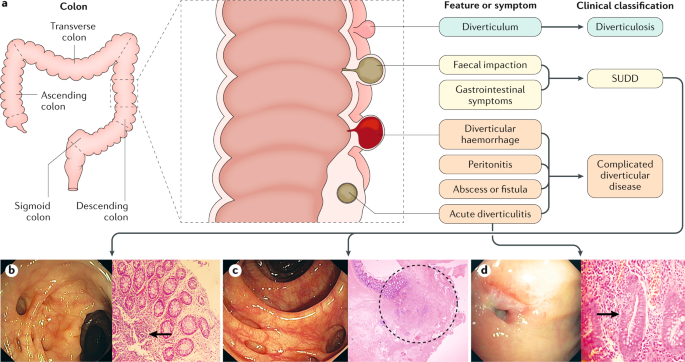

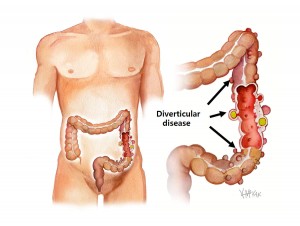

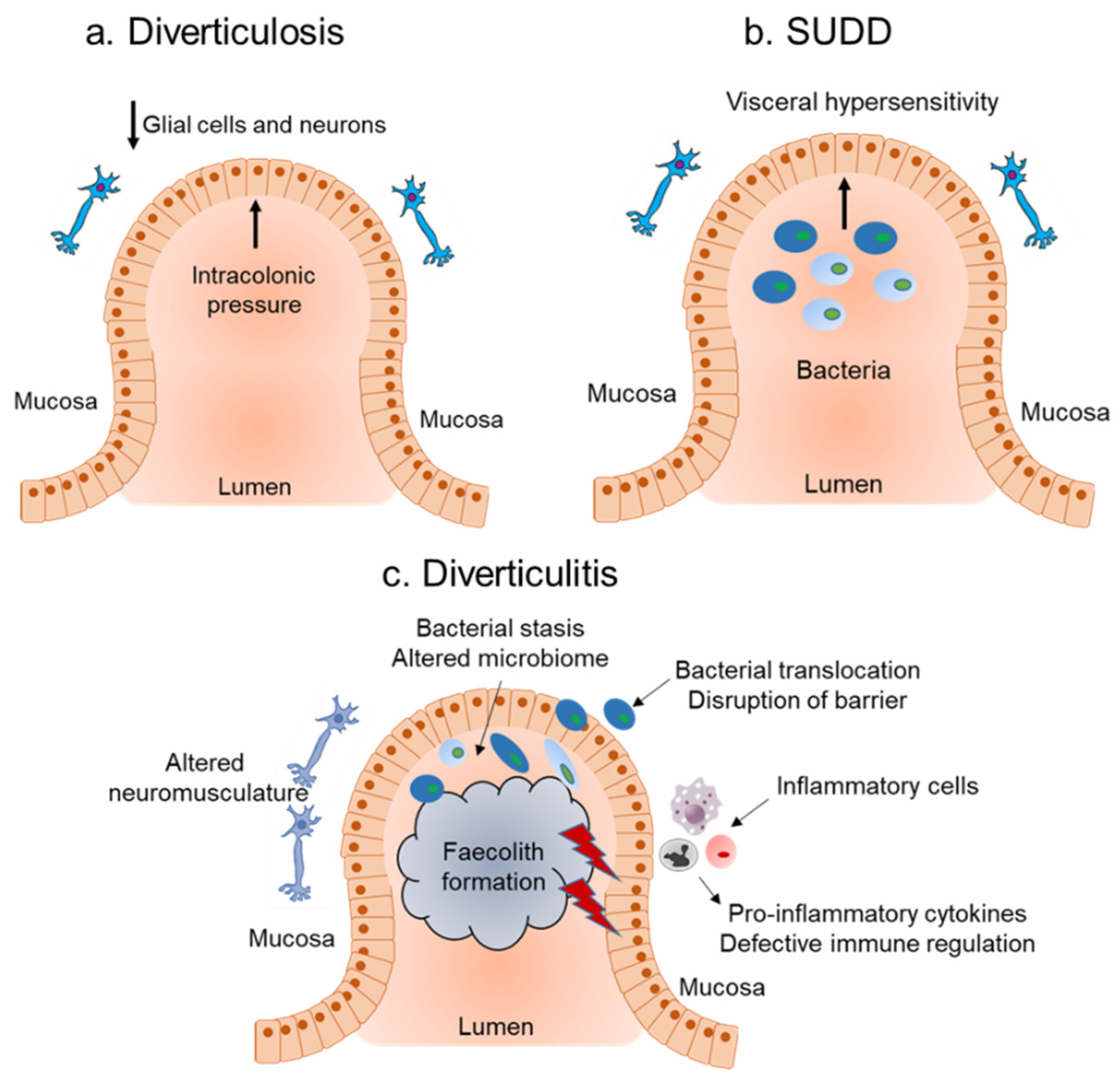
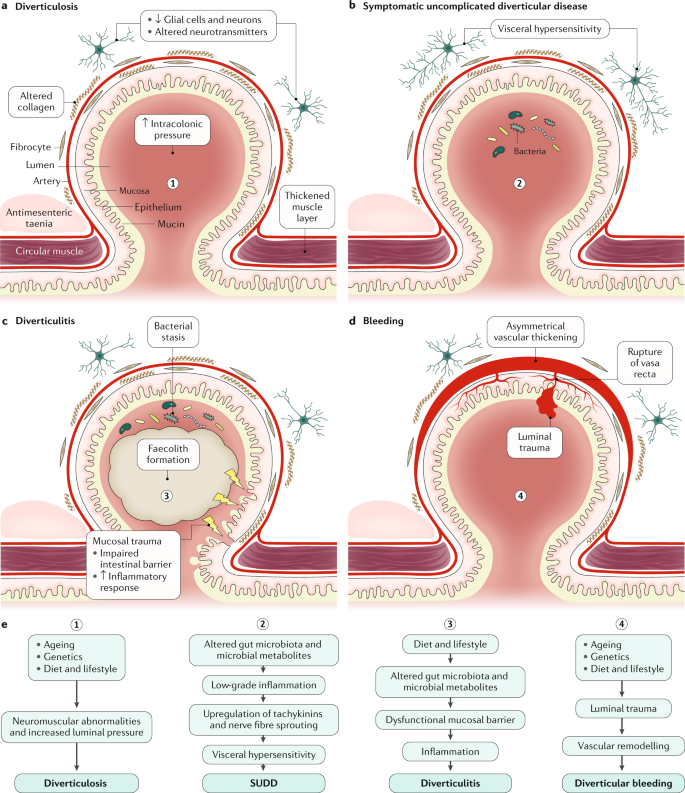


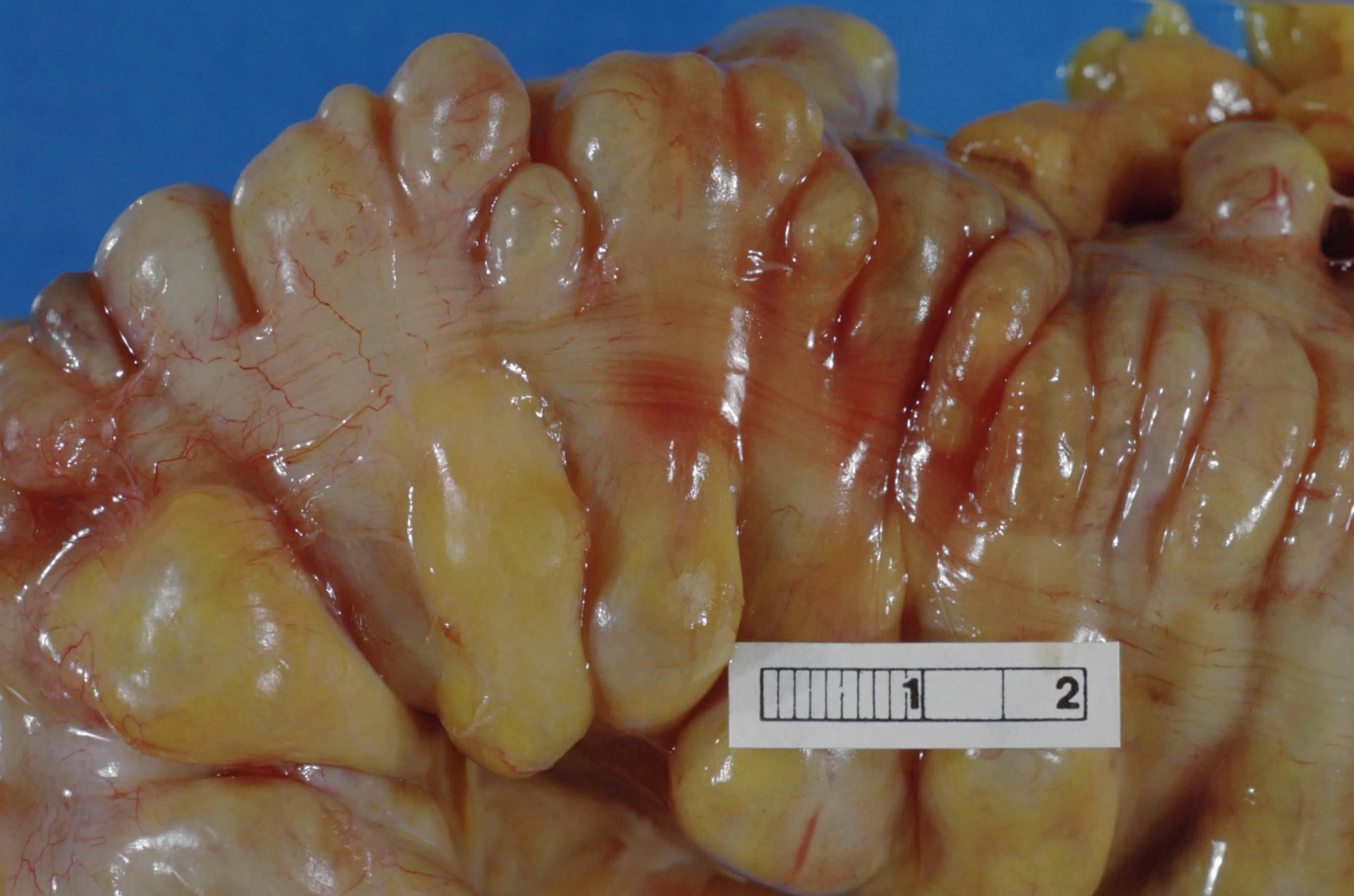
/diverticulitis-causes-131-5af081bd1d64040036a1ac4a.png)
/diverticulitis-causes-131-5af081bd1d64040036a1ac4a.png)
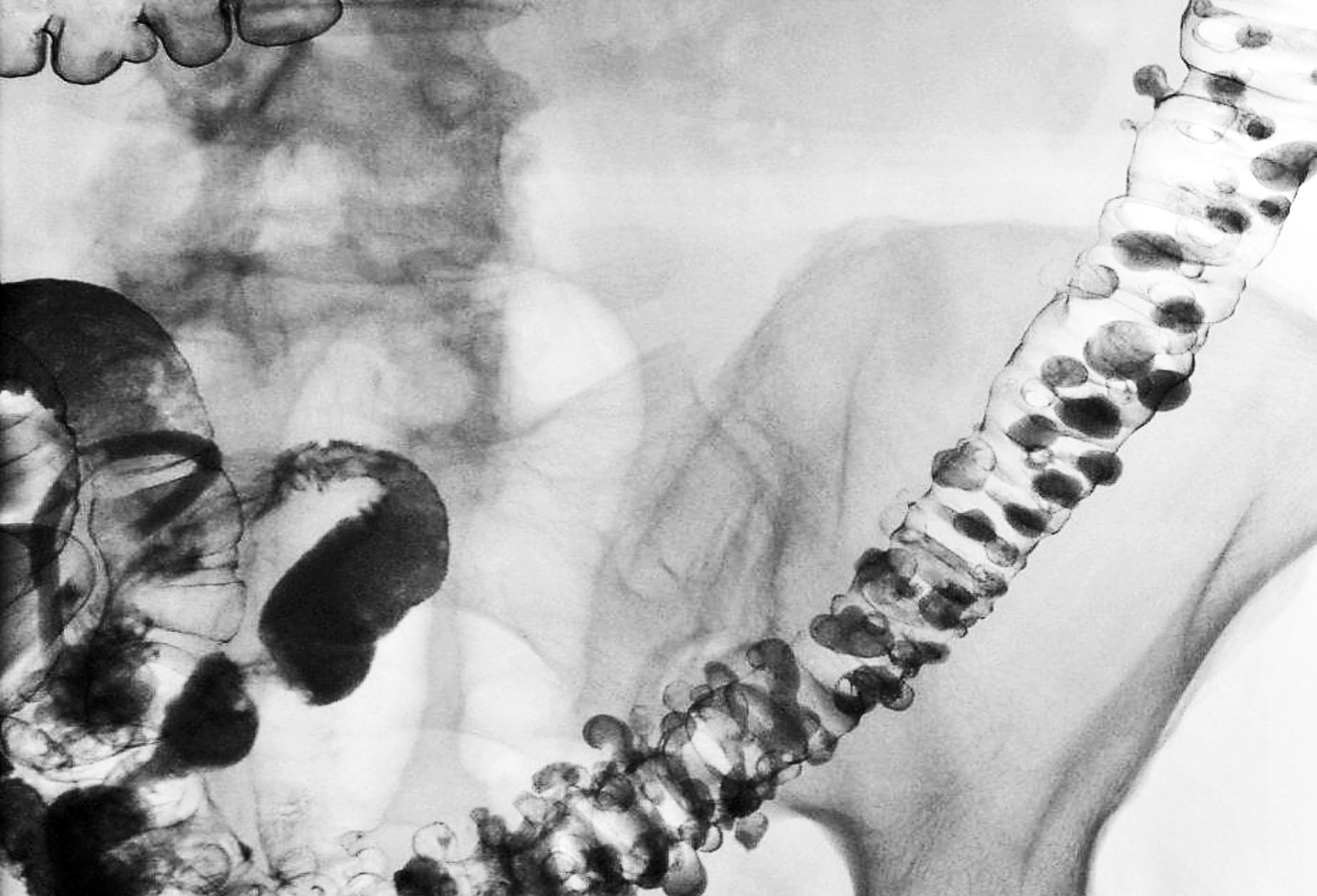

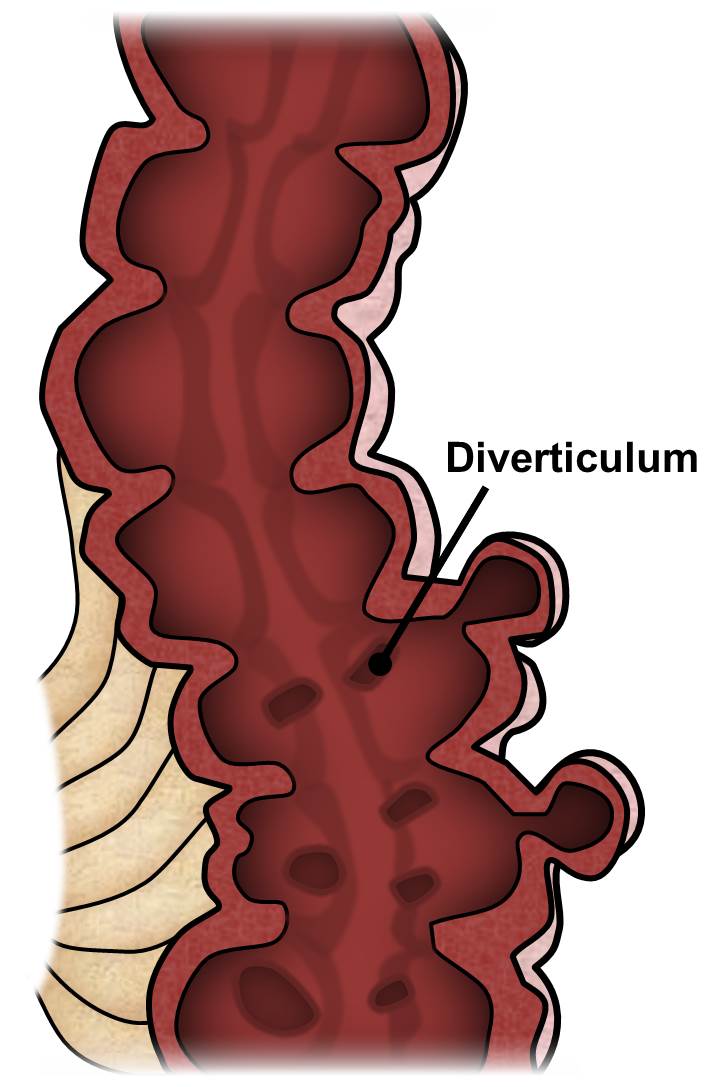
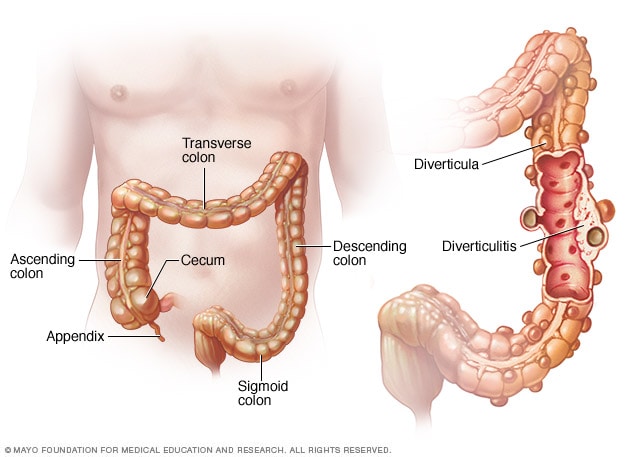



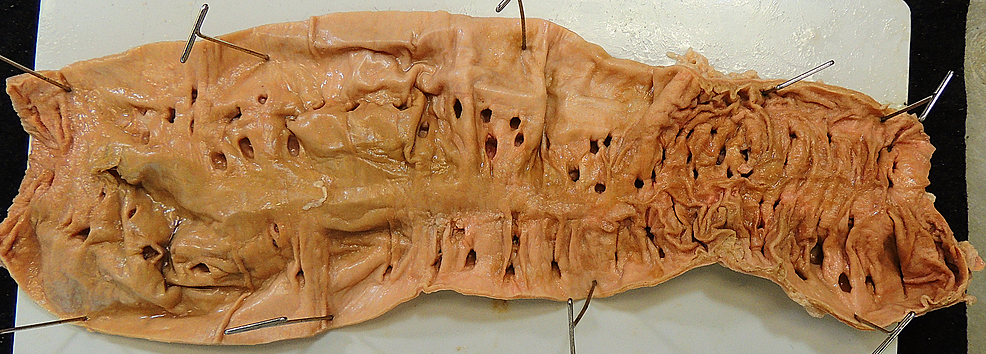


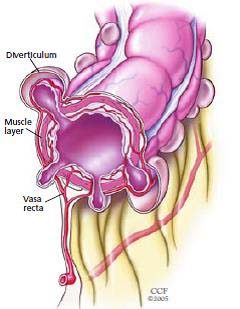



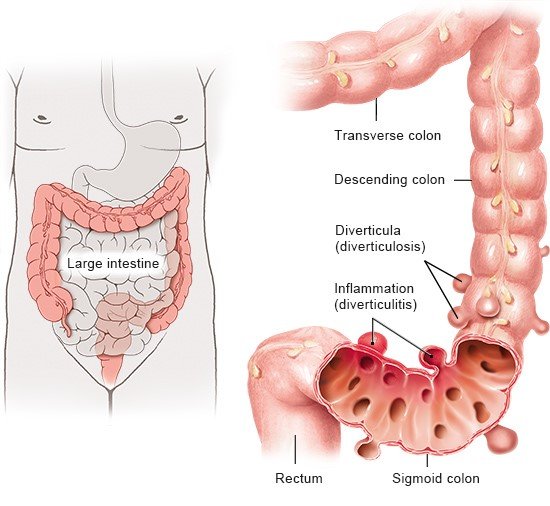
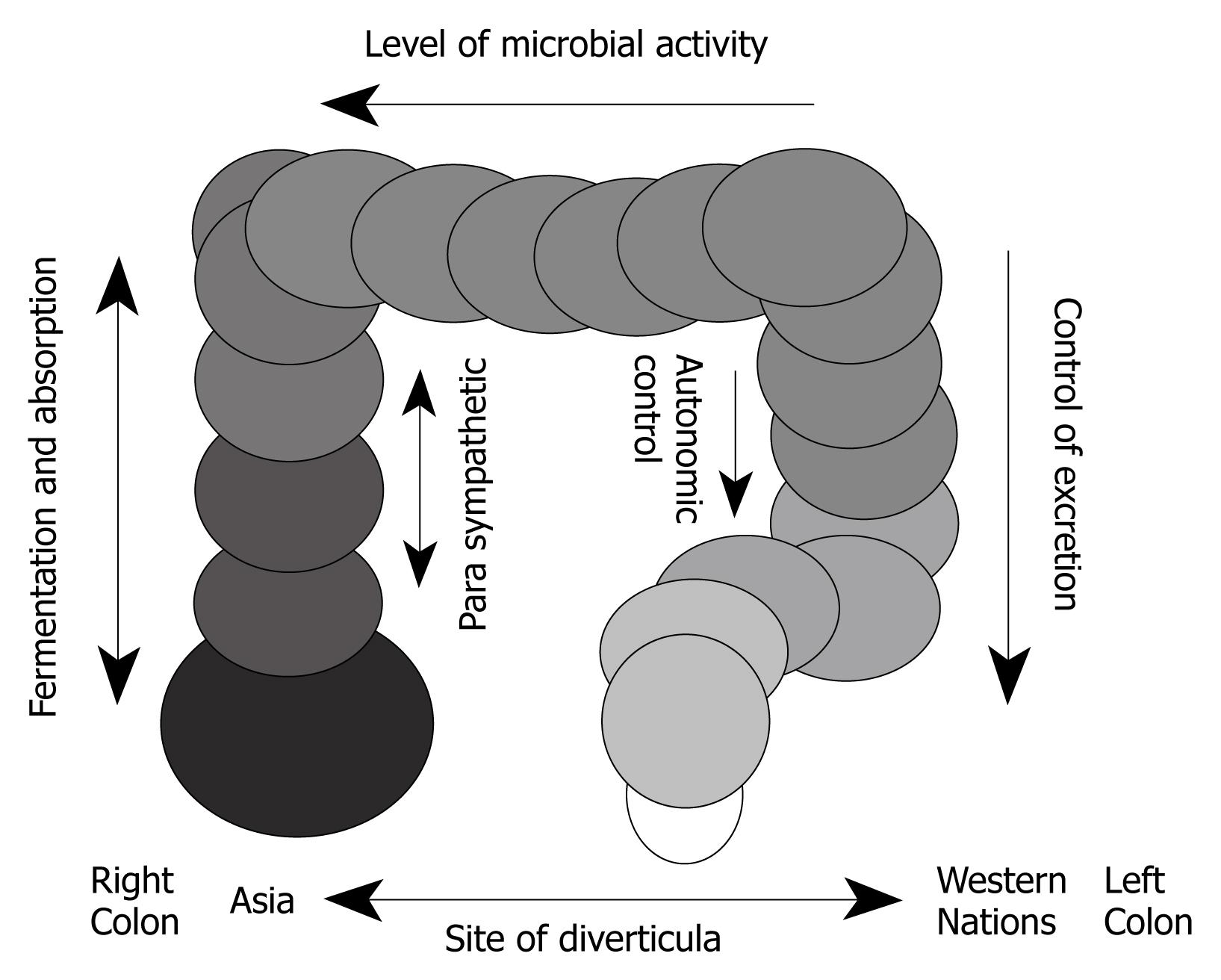



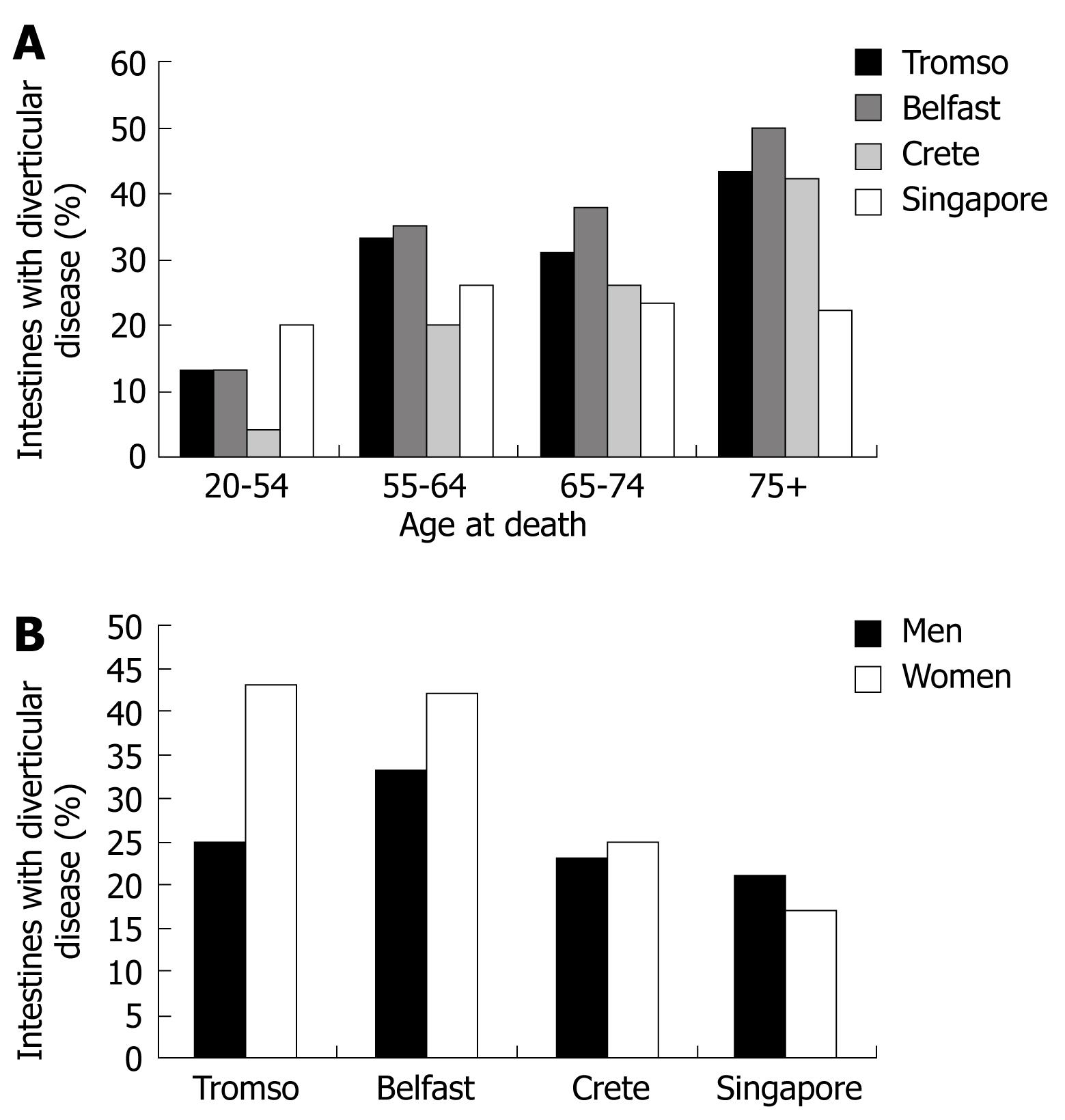




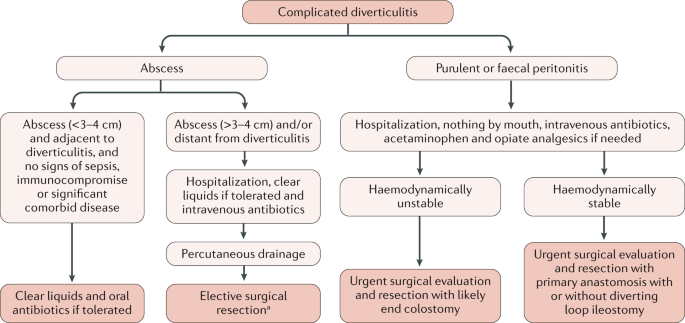
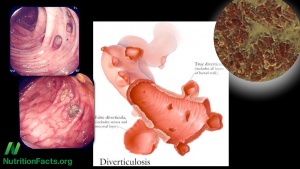
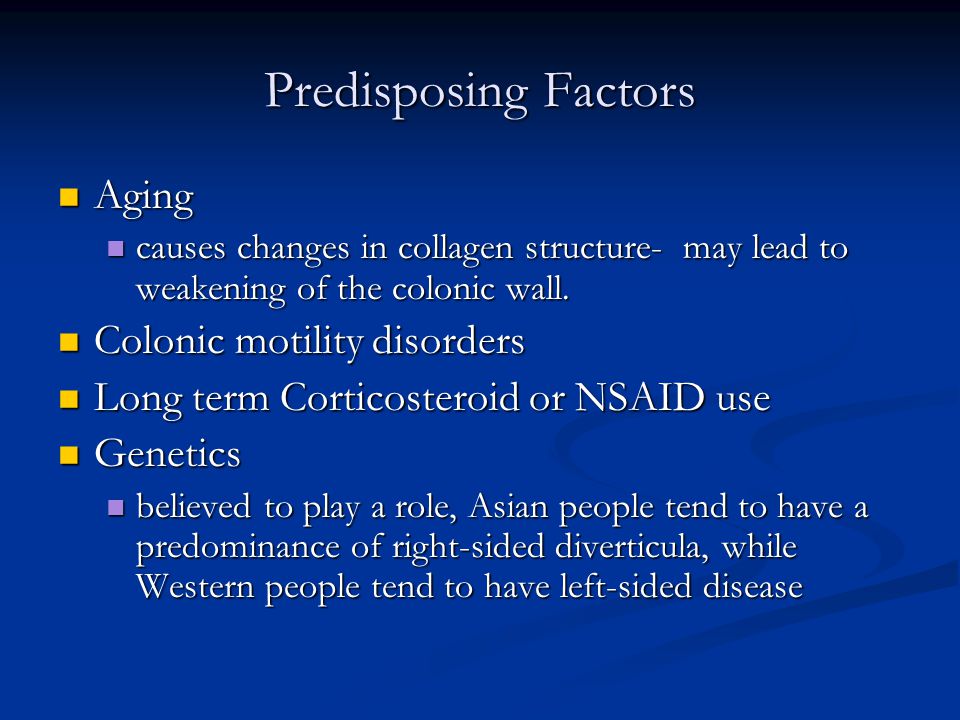


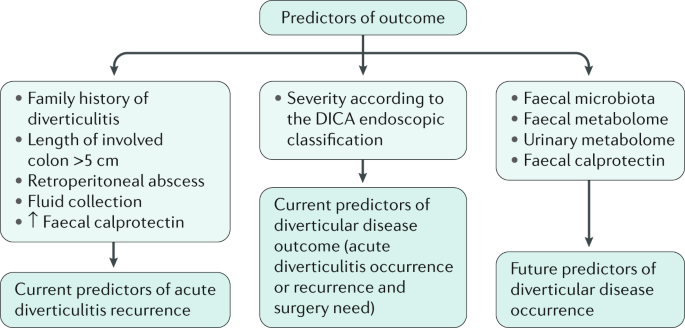

Post a Comment for "Is Diverticulitis A Genetic Disease"